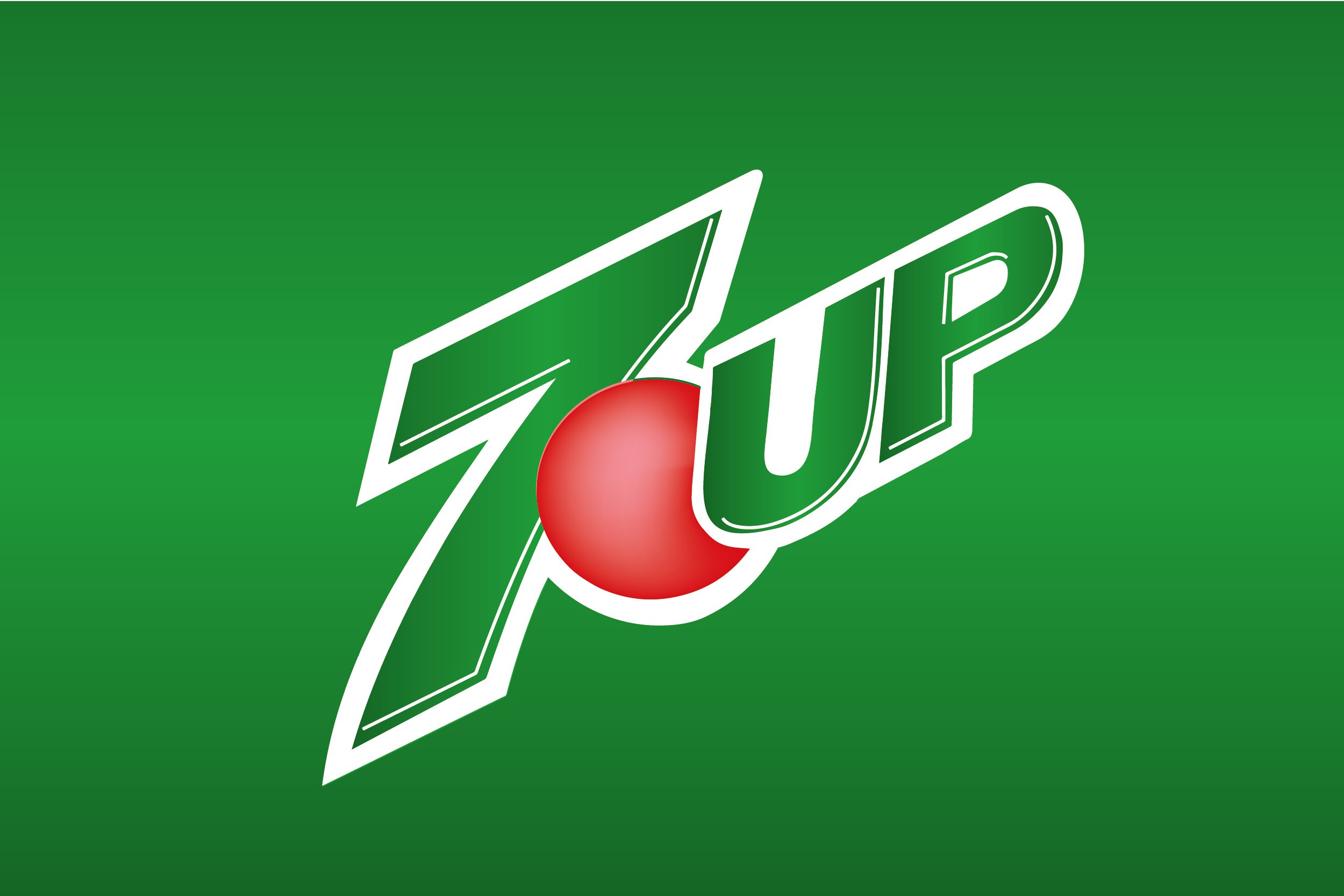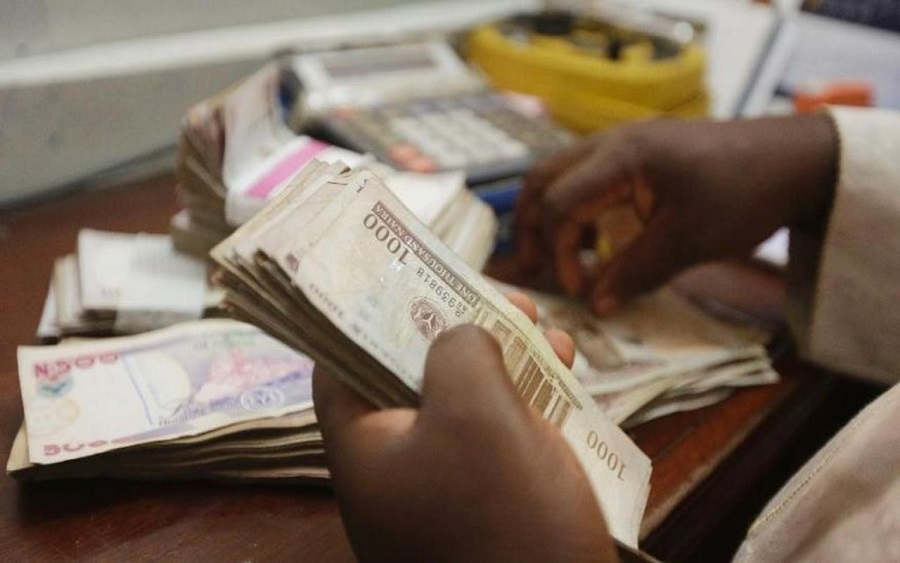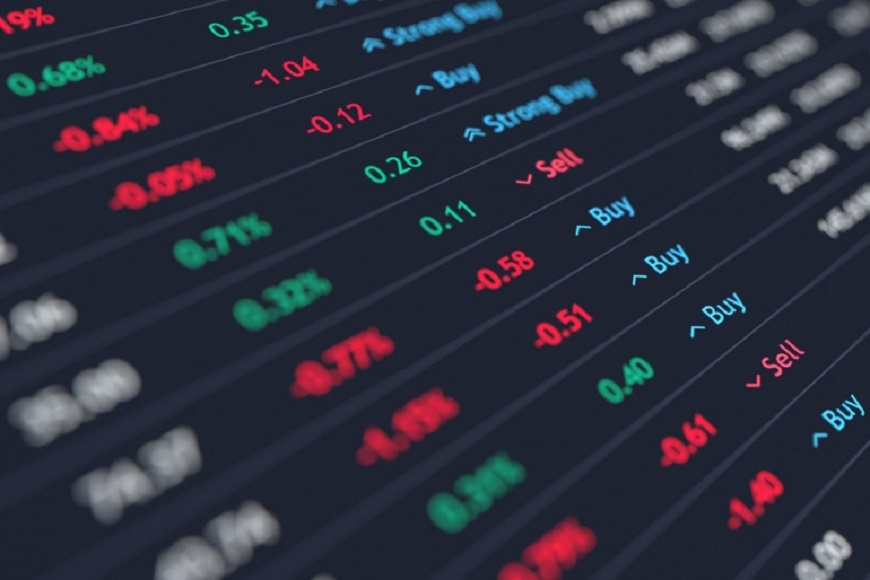Economy
$60m Buyout: Shareholders Want Forensic Audit of 7up

By Dipo Olowookere
Both the Securities and Exchange Commission (SEC) and the Nigerian Stock Exchange (NSE) have been urged to urgently to conduct a forensic audit of Nigeria’s 7Up Bottling Company.
This plea was made by Nigerian shareholders in the firm and it followed the planned buyout by Affelka, its parent company of 7Up.
This development is also coming at a time one of the leading indigenous oil firm in Nigeria, Oando Plc is facing a similar crisis, though the firm is preventing the regulator from conducting a forensic audit of its affair.
This issue allegedly led to the suspension of the regulatory chief, Mr Mounir Gwarzo, by the Minister of Finance, Mrs Kemi Adeosun.
The shareholders want the capital market regulators to unravel circumstances surrounding the deal, which they believe is not totally clean.
Speaking with Daily Sun on telephone, the shareholders argued that they were unconvinced that the recent takeover notification of the company was not fraudulent scheme as there was no reason to suggest the firm was doing badly in its sector.
Recall that Affelka, majority shareholder of Seven-Up Bottling Company, had last week offered to pay $60 million (N19.33 billion) to buy out minority shareholders in Nigerian operation. According to the proposal, the buyout is aimed at restructuring the struggling company.
Affelka is the privately held investment firm owned by Lebanese El-Khalil family and it is offering to pay N112.70 per share for the minority stake of 171.5 million shares. This is an 18 percent premium to last Thursday’s share price of N95.50k.
“As of now, we have received an offer from the majority shareholder of the company. It’s a financial restructuring,” said Sunil Sawhney, Vice Chairman of 7Up Bottling Company.
He said the company has been making losses for some time and that the deal was aimed at restructuring the bottler, which distributes PepsiCo’s 7Up, Pepsi and Mirinda-branded drinks.
But minority shareholders in Nigeria rejected Sawhney’s explanation, pointing out that they seriously smelled a rat, and argued that the notification was out to short-change local investors.
According to Mr Gbadebo Olatokunbo, a shareholder activist, the 57 years old company is making good sales and profit with very good price at the NSE with the good result and return on investment in 2014.
“But suddenly, by the first half of 2015, something known only to its few foreign team within the company happened and the company started reporting losses.
“The drift continued and the same powers behind the scenes are now ready to buyout local investors at their price,” Mr Olatokunbo wondered.
He asked, “Why the renewed interest of the majority shareholders in a suddenly sick company? Why are they now interested in the takeover when the company wasn’t growing? How are we sure they weren’t the brains behind the unexpected bad results?”
Mr Olatokunbo stated that, “We are of very strong view that the proposed injection of $60 million is part of our profit on investments in 7Up, which was denied us and now about to be presented as a bailout-fund for a very solid 7Up Company, which we view with serious suspicion. It is a slap on our collective business senses and we hereby ask for a forensic audit of our company, 7Up, from 2014.”
In his own reaction, President of Nigeria Shareholders Solidarity Association (NSSA), Mr Timothy Adesiyan, said the news of the buyout offer was very disheartening.
“We thank God for the life of the former President, Olusegun Obasanjo, who made it possible for Nigerians to be part owners of these multinationals because it was during his tenure that a law was made, which made it possible for Nigerian shareholders to be part owners of these companies.
“But what is happening now is very disheartening because the gimmick is to shut out the local investors.
“The Securities and Exchange Commission (SEC) and Nigerian Stock Exchange (NSE) are not helping matters because most of the people there now don’t know what it took the former president to make Nigerians part owners of these multinationals,” he lamented.
He appealed to the Federal Government to look into the matter to stop foreigners from short-changing local investors because they are making money here.
For his part, Mr Boniface Okezie, National Coordinator, Progressive Shareholders Association of Nigeria (PSAN), blamed SEC and NSE for this issue.
According to him, “we saw it coming. Since SEC and NSE approved the delisting of NBC, we knew that others will follow suit. What are they restructuring?”
He explained that all boils down to short-changing local shareholders, adding that they are just after the buyout to delist from NSE and then, escape from corporate governance code because they are no longer listed.
Mr Okezie, however, urged the capital market regulators to subject 7Up to rigorous test to confirm some of its claims and also not to renege on its regulatory role of protecting minority shareholders.
Economy
Naira Gains N10 to Trade N1,640/$1 at Parallel Market

By Dipo Olowookere
The value of the Nigerian currency improved against its American counterpart at the parallel market on Boxing Day of 2024, Thursday, December 26.
Business Post reports that the domestic currency appreciated against the greenback during the session by N10 to settle at N1,640/$1 compared with the preceding session’s value of N1,650/$1.
The official market was closed yesterday due to the public holiday declared by the federal government to celebrate Christmas.
However, the black market was operational, and trading activities went smoothly.
The local currency firmed up on Thursday due to a decline in customer demand for forex. The country has continued to witness FX inflows from Nigerians in the diaspora, who returned to celebrate the period with their loved ones.
A few of the FX traders on the streets of Lagos informed this reporter that the demand for forex has significantly slowed because of the inflows, but expect a sharp rise from next month when most of the people will return to base.
“Market is a bit dull and it is understandable. We expect things to pick up from next week or so when most of those who returned from abroad are returning.
“Don’t also forget that new travellers will need forex. This is when we will know if the new system of the Central Bank of Nigeria (CBN) is effective,” one of the FX traders in Lagos, who asked not to be named, told this newspaper.
Recall that early this month, the central bank launched the Electronic Foreign Exchange Matching System (EFEMS) for forex trading at the official market known as the Nigerian Autonomous Forex Exchange Market (NAFEM).
This platform was created for transparency in the forex market, with a minimum trade value of $100,000 for interbank foreign exchange trading.
A few days ago, the CBN granted Bureaux de Change (BDC) operators temporary access to the official market as part of efforts to further strengthen the Naira in the currency market.
The CBN in a notice on Friday said BDC operators would have access to FX at the official market from December 19, 2024, to January 30, 2025, with a weekly cap of $25,000.
Economy
Oil Market Slows on Stronger Dollar, China Worries

By Adedapo Adesanya
The oil market closed lower on Thursday in light holiday trade as the US Dollar strengthened and offset hopes for additional fiscal stimulus in China, the world’s biggest oil importer.
The price of Brent crude shrank by 32 cents or 0.43 per cent during the session to settle at $73.26 a barrel and the US West Texas Intermediate(WTI) crude went down by 0.68 per cent or 48 cents to trade at $69.62 per barrel.
Chinese authorities this week agreed to issue 3 trillion Yuan ($411 billion) worth of special treasury bonds next year, which would be the highest on record, as Beijing ramps up fiscal stimulus to revive a faltering economy.
The plan for 2025 sovereign debt issuance would be a sharp increase from this year’s 1 trillion Yuan, and it will come as China moves to soften the blow from an expected rise in U.S. tariffs on Chinese imports when Donald Trump takes office in January.
The proceeds will be used to boost consumption via subsidy programmes, equipment upgrades by businesses and funding investments in innovation-driven advanced sectors, among other initiatives.
Market analysts noted that injecting a stimulus into a nation’s economy creates increased demand, and increased demand pushes prices higher.
The World Bank on Thursday raised its forecast for China’s economic growth in 2024 and 2025, but warned that subdued household and business confidence.
The world’s second-biggest economy has struggled this year, mainly due to a property crisis and tepid domestic demand.
The World Bank sees China’s gross domestic product growth at 4.9 per cent this year, up from its June forecast of 4.8 per cent.
The US Dollar continued to edge up higher after hitting a milestone last week. A stronger Dollar makes oil more expensive for holders of other currencies.
The latest weekly report on US inventories, from the American Petroleum Institute (API) industry group, showed crude stocks fell last week by 3.2 million barrels on Tuesday.
Traders will be waiting to see if the official inventory report from the Energy Information Administration (EIA) confirms the decline. The EIA data is due on Friday, later than normal because of the Christmas holiday.
Economy
Nigerian Stocks Gain 0.82% as Investors Embrace Santa Claus Rally

By Dipo Olowookere
Christmas came early for the Nigerian Exchange (NGX) Limited as it extended its positive run on Tuesday with a 0.82 per cent growth.
The last trading session before Christmas was bullish as investors embraced Santa Claus rally, mopping up shares with sound fundamentals across the key sectors of the bourse.
During the session, the insurance index appreciated by 1.49 per cent, the banking space expanded by 0.98 per cent, the consumer goods counter improved by 0.49 per cent, the industrial goods counter gained 0.15 per cent and the energy sector jumped by 0.14 per cent.
Consequently, the All-Share Index (ASI) went up by 829.88 points to 102,186.03 points from 101,356.15 points and the market capitalisation grew by N503 billion to N61.944 trillion from N61.441 trillion.
MRS Oil gained 10.00 per cent to trade at N217.80, Ikeja Hotel improved by 9.95 per cent to N11.05, Multiverse advanced by 9.90 per cent to N5.55, SAHCO rose by 9.84 per cent to N30.70, and John Holt increased by 9.69 per cent to N6.45.
Conversely, Thomas Wyatt shed 10.00 per cent to quote at N1.71, Caverton shrank by 7.35 per cent to N2.27, Coronation Insurance declined by 5.03 per cent to N1.70, Haldane McCall slipped by 5.00 per cent to N4.75, and Livestock Feeds moderated by 5.00 per cent to N3.80.
When the market ended for the session to resume on Friday, 37 stocks were on the gainers’ chart and 21 stocks were on the losers’ table, representing a positive market breadth index and strong investor sentiment.
A total of 431.8 million shares worth N18.3 billion in 8,369 deals during the session compared with the 503.2 million shares valued at N16.3 billion in 12,490 deals, indicating a rise in the trading value by 12.27 per cent and a decline in the trading volume and number of deals by 14.19 per cent and 32.99 per cent, respectively.
The busiest equity for the session was UBA with 51.2 million units valued at N1.9 billion, Universal Insurance exchanged 49.6 million units for N25.1 million, C&I Leasing transacted 37.2 million units worth N134.0 million, Dangote Cement traded 34.3 million units worth N11.1 billion, and GTCO sold 17.4 million units valued at N1.0 billion.
-

 Feature/OPED5 years ago
Feature/OPED5 years agoDavos was Different this year
-
Travel/Tourism8 years ago
Lagos Seals Western Lodge Hotel In Ikorodu
-

 Showbiz2 years ago
Showbiz2 years agoEstranged Lover Releases Videos of Empress Njamah Bathing
-

 Banking7 years ago
Banking7 years agoSort Codes of GTBank Branches in Nigeria
-

 Economy2 years ago
Economy2 years agoSubsidy Removal: CNG at N130 Per Litre Cheaper Than Petrol—IPMAN
-

 Banking2 years ago
Banking2 years agoFirst Bank Announces Planned Downtime
-

 Sports2 years ago
Sports2 years agoHighest Paid Nigerian Footballer – How Much Do Nigerian Footballers Earn
-

 Technology4 years ago
Technology4 years agoHow To Link Your MTN, Airtel, Glo, 9mobile Lines to NIN























